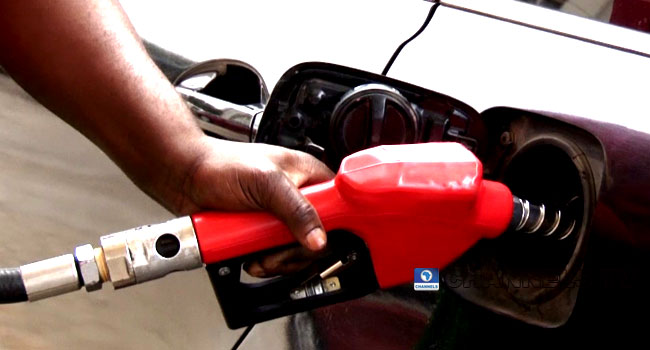FG announces July date for petrol pricing summit
The federal government has set a nationwide stakeholder event for 23 and 24 July 2025, to address mounting concerns over petrol pricing and supply dynamics in the downstream industry, in response to independent marketers’ calls for price control.
The Nigerian Midstream and Downstream Petroleum Regulatory Authority is planning a summit that will bring together industry operators, marketers, refiners, and government officials to discuss petroleum pricing standards, feedstock adequacy, and market stabilisation strategies.
Francis Ogaree, Executive Director of Hydrocarbon Processing Plants, Installation, and Transportation Infrastructure at the NMDPRA, confirmed the date and summit at the 24th Nigeria Oil and Gas Energy Week, which concluded in Abuja.
TThe director emphasised the necessity of conversation in establishing a sustainable pricing system in the post-subsidy future. Recall that petroleum merchants have raised irritation and concern about the Dangote refinery’s unexpected increases in the price of Premium Motor Spirit, better known as petrol, with no prior notice.
Billy Gillis-Harry, president of the Petroleum Products Retail Outlet Owners Association of Nigeria, has repeatedly emphasised the importance of a stable market and consistent energy security, calling for mechanisms to analyse price fluctuations and ensure they do not harm the industry.
Gillis-Harry advocated for pricing transparency, particularly on the impact of Dangote’s price cuts on retailers who may have acquired petroleum at a greater cost. They have also advocated for fair pricing and the elimination of unethical industry practices.
Similarly, the Petroleum and Natural Gas Senior Staff Association of Nigeria questioned the petroleum pricing regime last month, claiming that petroleum marketers are exploiting Nigerians through inflated petrol prices and demanding that the current pump price of PMS be between N700 and N750 per litre.
In response to these concerns, Ogaree stated that the NMDPRA was aware of the operational risks that companies in the industry faced and had taken real steps to standardise prices while encouraging more investment in local refining.
Speaking during the panel session titled “Building a Resilient and Competitive Refining Sector,” he stated, “We are engaging stakeholders in our forum, where we address concerns and propose solutions. I’d want to remind you that the NMDPRA has only been around for three and a half years. And during that time, we made tremendous progress in terms of the amount of licenses granted as well as the resolution of concerns.
“We are currently dealing with the issue of fuel price, which is related to standardisation. It is a work in progress, which is why we will discuss petrol pricing later this month, namely on July 23 and 24, at a two-day event. This program tries to address concerns and set standards. Everyone understands that pricing is a sensitive topic that varies by country, and the authority is working on it.”
In terms of refining capacity and supply security, Ogaree disclosed that Nigeria now has ten operational and near-operational refineries, including three NNPC refineries, the Dangote plant, which produces 650,000bpd, and six modular refineries.
He also stated that some of the forthcoming refineries will require between 1,000 and 200,000 barrels per day and are slated to begin operations in 2026.
“We have roughly ten refineries right now. Three Nigerian National Petroleum Company refineries. We have the Dangote Refinery and six modular refineries. When I consider the overall capacity of those refineries, we need around 1,124,000 barrels per day.”
He did, however, acknowledge that the performance of the downstream business was dependent on the supply of crude oil feedstock to satisfy the expanding number of licensed refiners.
“We understand our existing production capabilities. These are simply running refineries. When I think about the new refineries that are coming up soon. Some of them require 200,000 to 1,000 barrels, which I calculated together. Some of them would be online by 2026.
“You understand that the quantity of barrels must increase, and production must increase if we are to fulfil our targets. The apparent fear, and I must be honest, is about the feedstock. We have issued 47 licenses for establishments and construction, all of which have gone into operation. We must be prepared to meet their requests once they all go online.”




